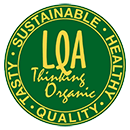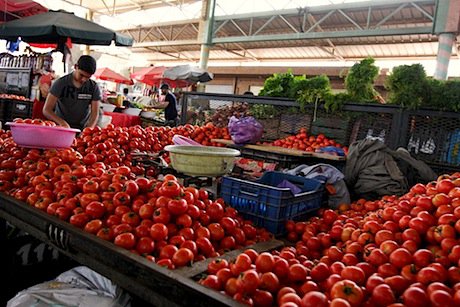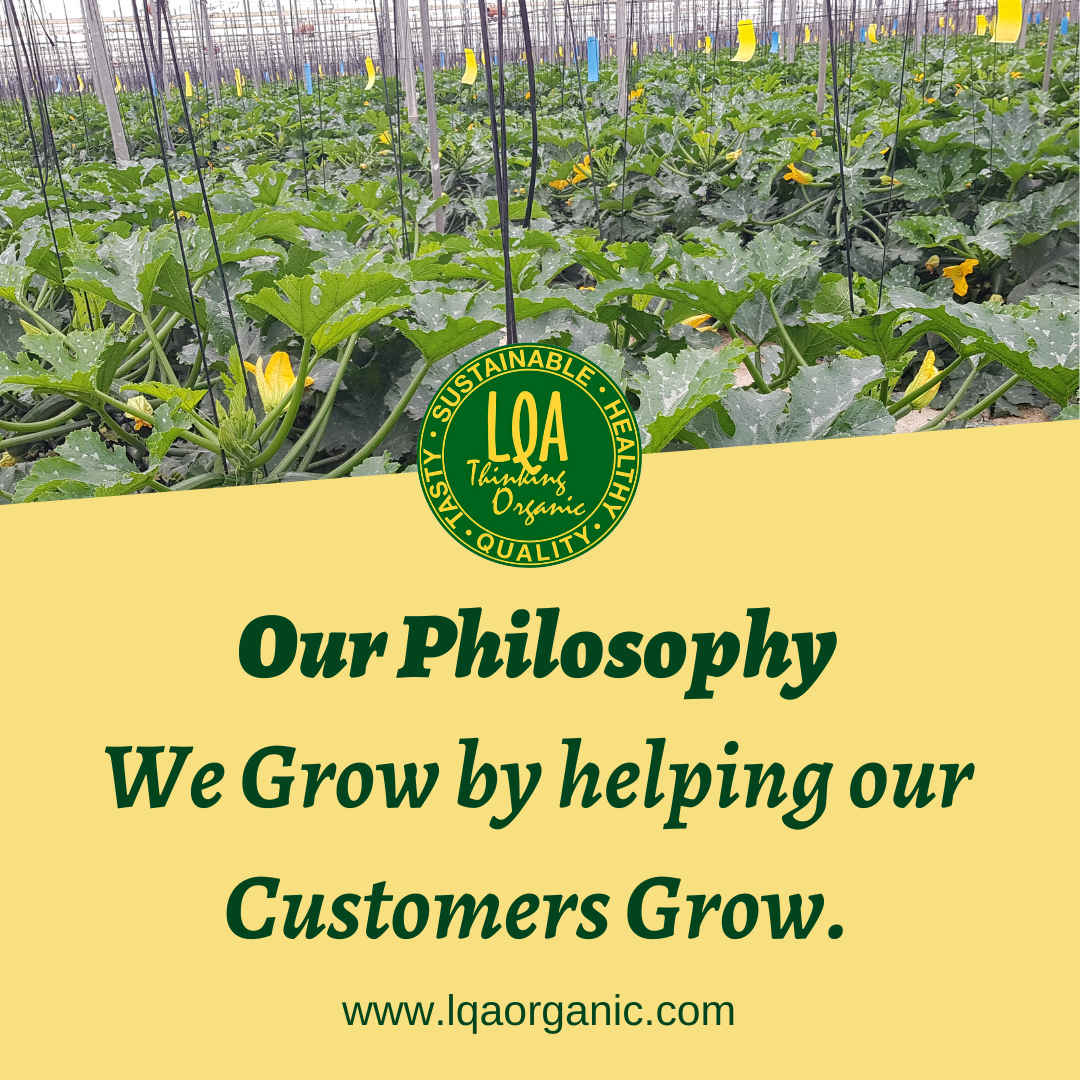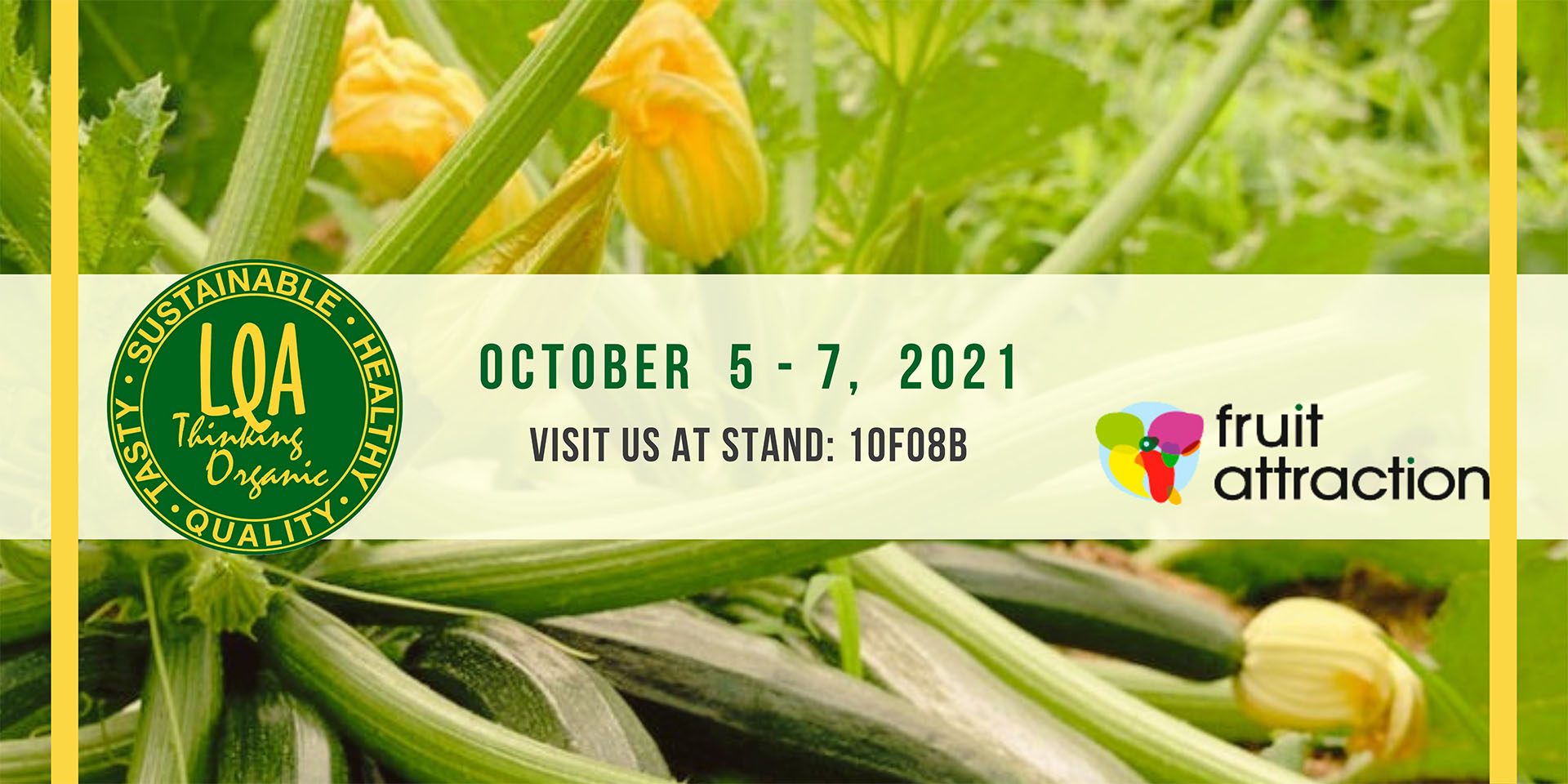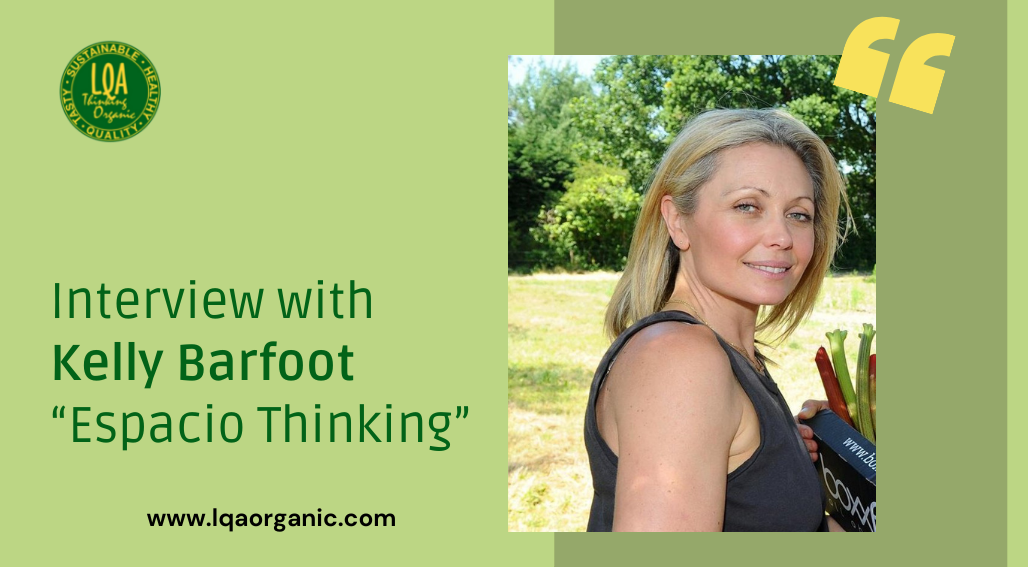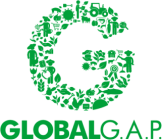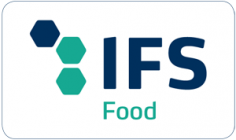Europe has so far failed to build a comprehensive relationship with countries across the Mediterranean. This is a missed opportunity that adversely affects the state of security and democracy for all parties.
In 1994 King Hassan of Morocco was trying to persuade the President of the European Commission, Jacques Delors, to open Europe’s markets. “I have 5 million peasant farmers producing tomatoes for export from Morocco,” the king said. Delors mumbled about opposition from Spanish farmers to opening EU markets to competition. “Very well,” said the King. “If Morocco cannot export tomatoes in ten years’ time we will be exporting terrorists.” And in 2004, Moroccan Islamists did indeed place bombs in Madrid’s main railway station, Atocha, killing 191 and wounding 1800 – Europe’s 9/11.
In 1995, in a forerunner of the Atocha massacre and the 2005 London Underground bombs, Algerian Islamists placed a bomb in the Paris metro killing eight and wounding 80. Back then, no-one other than a few obscure academics took Islamist ideology seriously. The mastermind of the Algerian Islamist terrorist group was Rachid Ramda. He based himself in London but was quickly arrested as the evidential links provided by the French police were overwhelming. Yet he was protected by lawyers and government ministers in Britain for a decade before he was finally extradited in 2005. He is now serving life. The chief adviser in 1995 to the then Home Secretary who refused Ramda’s extradition, was a young David Cameron who last month flew to Algeria – the first ever visit by a British prime minister – to pledge full cooperation in tackling Islamist terrorism in the region.
In the 1990s, Tunisia’s new Islamist leader, Rachid Ghannouchi, was in exile in London where he founded his Ennahda party which now rules Tunisia. In an op-ed for The Guardian last month, he said he was “establishing rule of law and individual liberties.” These liberal sentiments do not seem to correspond to the unceasing attacks of Ennahda-linked Islamists on Tunisian trade unions, or the wider attack by Islamist fanatics to the hard right of Ennahda on any expression of the secular Tunisian state that won independence from France in 1954. Sufi shrines are desecrated. Women students in universities are assaulted if they do not cover the faces with a niquab. Tourism, one of Tunisia’s main hard currency earners, is being slowly throttled as the Ennahda-endorsed ‘Committee to Protect the Revolution’ tries to stop any sale of alcohol in a nation with some of the best wines Mediterranean nations produce.
Europe in the form of both its national leaders and its Brussels foreign policy elites has issued the occasional press release expressing concern but there is no full throated cry of alarm. The Royal Institute of International Affairs (Chatham House) made him its International Man of the Year for 2012. For Tunisians hoping that Europe will engage with the new ruling elites in Tunis and urge moderation it seems as if the EU has forgotten its duty to promote human rights and rule of law.
The descent of Tunisia into the corrupt authoritarianism of Ben Ali did not dilute the secular nationalism under which women had considerable rights compared to their sisters further east in Gulf Muslim states. The cold-blooded murder outside his house of Chokri Belaid, the Tunisian civil rights lawyer, secular politician, and former student opposition leader, is the latest move by Islamists to create a strategy of tension which would justify an Iran-style full scale Islamisation of Tunisia.
Before Cameron’s visit to Algeria and Libya, France’s President François Hollande and Prime Minister Jean-Marc Ayrault visited Algeria and Tunisia in December. After Mali and the assault and hostage taking at the gas plant in southern Algeria, Europe is waking up to the nightmare of its southern flank turning into a zone of instability, political killings, refugee flows and Islamist attacks on human rights far worse than anything under the old greedy, vain dictators like Ben Ali, Gaddafi or Mubarak.
But while Cameron and Hollande talk security and send soldiers, the real task of Europe may be to find new ways of bringing its southern Mediterranean neighbours into a new relationship with the EU – akin to other regions in the broader European space that shed or are shedding poverty, brutal and corrupt governance and began exporting goods rather than ideology.
The story of King Hassan’s premonitory appeal to Delors is told in a new book by Jean-Louis Guigou, who was present at the conversation between the King and the EU Commission president. One of France’s most powerful state functionaries (and husband of French socialist politician, Elisabeth Guigou, who chairs France’s Foreign Affairs Committee in the National Assembly), Guigou has the ear of French president Hollande whom he accompanied on his pre-Christmas visit to Algeria. Now Guigou is a prophet in the European wilderness, urging with eloquent Cartesian logic for the EU to shape a strategy for its the southern Mediterranean shoreline before it’s too late.
In his book, Guigou calls for a new economic deal for the southern Mediterranean states. He heads an influential group of Moroccan, Tunisian, Algerian, Egyptian and Lebanese businessmen, economists, bankers, and senior state officials grouped in IPEMED (Institut de Prospective Économique du Monde Méditerranéen), a Paris-based think tank. IPEMED supports economic development in the Mediterranean – Guigou’s book is full of proposals from developing solar energy to provide a de-nuclearised Germany with its energy needs to suggesting that the OSCE which in the 1970s and 1980s allowed communist and western states to communicate and cooperate should be extended to the southern Mediterranean.
The EU has tried. In 1995, it set up the Barcelona process to promote EU-Mediterranean dialogue and then in 2008, Nicolas Sarkozy created the 47 nation Union for the Mediterranean. But Europe’s focus has been on its new eastern member and Balkan states, and after initial declarations and speechifying the interest in the Mediterranean faded away. Morocco’s tomatoes still do not get exported. Turkey and former Yugoslavia receive ten times as much EU funding per capita as do the southern Mediterranean nations. EU leaders, headed by David Cameron and Angela Merkel, have agreed on budget cuts that will reduce still further the tiny amount Europe gives to countries like Tunisia, Morocco or Algeria. France insisted on – and obtained – no reform of the Common Agricultural Policy which shuts out Moroccan or Tunisian farmers from growing their economy by exporting to Europe.
Europe’s leaders hailed the Arab Spring as proof that European values of democracy and freedom could be exported across the Mediterranean. But unless Europe opens its frontiers to imports, gets job creating investment flowing south – what Guigou called co-localisation – and facilitates visa access for students and business leaders, the politics in the region will curdle into yet more Islamist ideological extremes.
Origin: Opendemocracy.net
